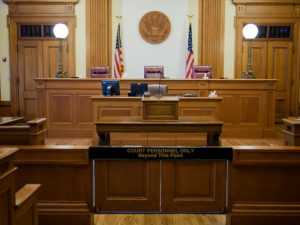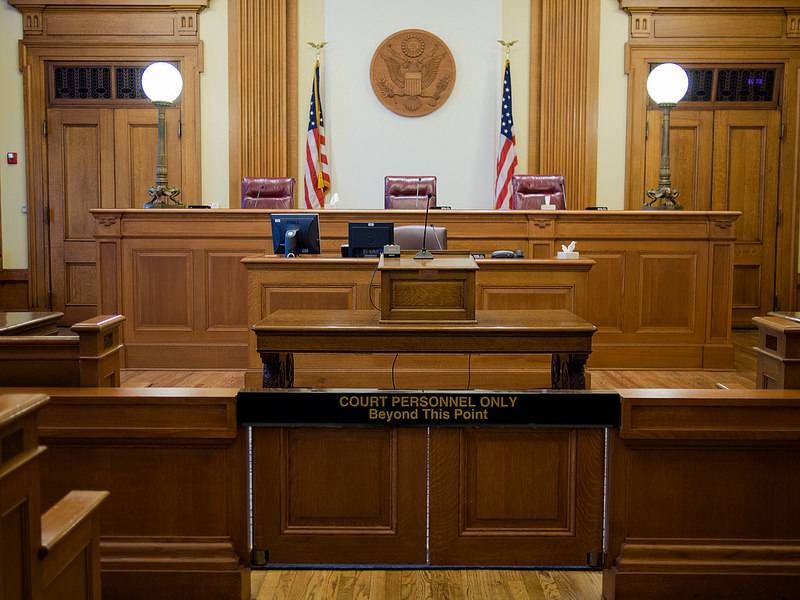The A to Z of Child Custody in Divorce
For partners with children, child custody is one of the most important parts of divorce. Whether you and your partner are splitting amicably or not, you probably want the best for your children. That’s probably why it’s one of the most frequently asked questions in our divorce workshop each month.
Though we don’t have something to mention for all 26 letters of the alphabet, here is a rundown of some important aspects of this issue.
Abuse – In cases of abuse, speak to a divorce attorney immediately about what to do. The safety of you and your children is the most important thing, so leave if your health or mental health is at risk. Abuse is one reason a judge might grant you full custody of the children.
Burden of Proof – Like most civil cases, you must provide the proof and evidence of your argument.
Custody – The word custody can mean different things. Are you asking for legal custody? Joint custody? Residential custody? Learn more: The Different Types of Child Custody.
Deciding – People often wonder if the children get to decide with whom to live. While a judge may consider a child’s wishes, it is not the final say. He or she will consider many factors when deciding what’s best for the child.
Ex parte – In cases of abuse or other situations, a judge may grant emergency temporary custody. (See temporary custody.) “Ex parte” means that only one side tells the court its version of events. Later, the court will review this order and allow the other side to present its argument and evidence. Then, the court will decide whether to continue the order, modify it, or end it.
Full Custody – People often want to know: How Do I Get Full Custody of the Children? Click the link to learn more.
Grandparents play a role in divorce, too.
Hearing – To decide this issue, you will attend a hearing. Here is What to Expect at a Child Custody Hearing.
Joint Custody – See Custody.

Kidnapping – It is illegal to take your children from their custodial parent under the Parental Kidnapping Prevention Act. (See UCCJEA.)
Laws surrounding child custody indicate that parents have rights to their children and that neither the father nor mother is favored over another.
Parenting Agreement – To keep your battle out of the courts, consider creating a parenting agreement with your spouse. Learn more: Child Custody Can Start with a Parenting Agreement.
Questions? Get your specific questions answered by an attorney in our divorce workshop. Register.
Support – Child support and child custody are two different things. Learn more: What You Need to Know About Child Support.
Temporary Custody – This is sometimes awarded to protect a child from harm, prevent removal from the jurisdiction, or return a child to his or her custodian.
Uniform Child Custody Jurisdiction and Enforcement Act (UCCJEA) – Each state has adopted some form of this act; it’s an attempt to standardize child custody jurisdiction and enforcement rules so that parents cannot kidnap their children and attain new custody in another state. More information on how it works in North Carolina.
Visitation – A parent who does not have custody rights may have visitation rights. These rights are separate from child support and cannot be tied to support. That means if your spouse does not pay child support as required, you cannot deny him or her visitation rights.
Witnesses – You will need to provide witnesses as part of your hearing. Choose those who interact with you and your child regularly, frequently, and more recently. Consider: family members, daycare staff, psychologists/psychiatrists, teachers, ministers, doctors, the parents of your child’s friends, and neighbors.






